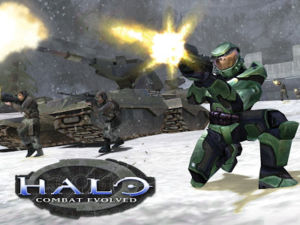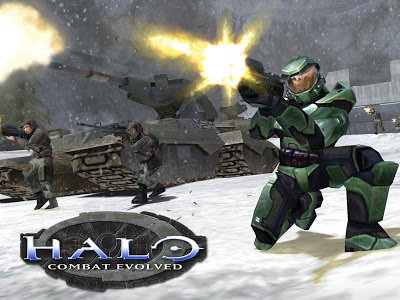
First, let’s get this out of the way. Our lives aren’t much like a video game. But there are a number of similarities that are fun to ponder. A client of mine from long ago once made an off-hand comment about viewing his life as a video game. The more I thought about it, the more one similarity struck me. I’ve been using it as a analogy to connect with clients, especially my teens and gamers, ever since.
The Health Meter in Video Games
Let’s take a first-person shooting game like the Halo series. Now, I know that some folks might roll their eyes at this example. Some mind find it offensive that I am making a connection between life and a first-person shooter! But please hear me out on this. Of course, as far as the shooting in the video game goes, I certainly hope our lives aren’t like that part at all! But first-person shooters, along with many other types of video games, give players some sort of “health meter.” So, as we play these types of games, we encounter various challenges and foes that can deplete our health meter. As our health meter dwindles, it becomes increasingly necessary to replenish it. In many games, the player can seek food, hearts, energy pods, or med kits that can then restore the health meter to full force so that we can then go back into the battle. In the Halo series, our Master Chief character typically just needs to break away from combat for a while so his powered assault armor can recharge. What happens if we don’t pay attention to our depleted health meter in these types of games? Well, we usually don’t last that long. Our character “dies” and then we have to respawn or restart the level from the last save or checkpoint. Typically, this is to be avoided!
The Health Meter in Life
So, like these types of video games, we (sort of) have a “health” or “energy” meter as we go about our day. Throughout our day, we face various challenges and obstacles that can deplete our energy. These challenges can take on many forms. For example:
- Sleep deprivation
- Hunger
- A stressful presentation at work
- A crying baby
- Traffic
- Dealing with a difficult relative or co-worker
- Deadlines
- Losing our wallet
- An argument with your teen about curfew, Facebook, video games (!)
Like in a video game, it is critical that we keep our eye on our health meter – to do an internal check-in with ourselves. When we find our health meter depleted, we might experience this as fatigue, irritability, sadness, or anxiety. When this happens (when not if!), then we will need to find ways to, metaphorically, get a “med kit” to recharge it. Let’s say you just had a difficult encounter with a co-worker and now you have to make a big presentation at work. What do you need at that moment to recharge your health meter? Maybe a talk with a friend? A run? Some deep breathing? On the ApaCenter (Austin Psychology & Assessment Center) website, I blogged about mindfulness meditation “hacks” that can prove useful to recharging our energy.
What you need to recharge your health meter might be different than someone else, and it can even vary from day-to-day. The main point though is that we must FIRST do that self-check to notice that it is depleted and THEN identify what we need to replenish it. Because if we just jump right in to the challenge without first recharging, we might just get overwhelmed and take an emotional beating. Like losing a life in a video game, we want to avoid this outcome!
The Takeaway?
So, when we think of life as a video game, we must be mindful of what charges our health (or happiness) meter as we go about our day. Perhaps it is a good night’s sleep or exercise. But we often don’t realize what we need until we take a moment to check in with ourselves. So, what does yours say right now? Now, if it’s down, what can you do to recharge it? If we make this a daily practice, we can learn to become experts in the game of life.

